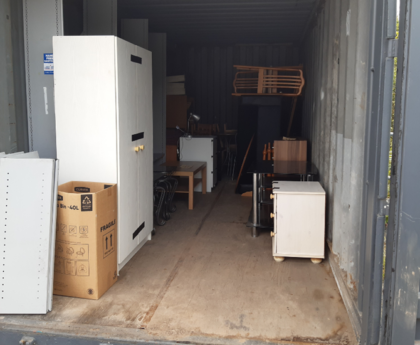How Birmingham Muslim community are spending 2020 Ramadan differently
All Birmingham Mosques are closed but fasting will still go ahead
Ramadan is the holiest month for Muslims. Every year, Muslims around the world fast during daylight hours. Uks Three million Muslims will have to fast and celebrate during Corona Virus lockdown.
Many of the traditions around Ramadan communal iftars, congregational taraweeh (night prayers) and the outdoor Eid celebrations at the end of Ramadan. With the current situation, these practices won’t be possible this year.
Dr Habib Naqvi, NHS Deputy Director Workforce Race Equality Standard, said: “The whole of the UK is continuing to make huge efforts and sacrifices to delay the spread of the coronavirus.
As Ramadan and Eid occur during the projected peak of COVID-19, the NHS has issued additional guidance as part of a package of wellbeing support for all NHS people.
“This is another critical period where Muslims, along with other communities, should make use of online platforms and alternative approaches to communicate with family and friends and stick with government guidelines regarding social distancing. The coronavirus restrictions are still very likely to be place by Eid, so the key message remains: stay at home, protect our NHS and save lives.”
New guidance released by MCB
1. Organising taraweeh at home as a family and pray in congregation.
2. Streaming Islamic lectures or taraweeh in your home, either pre-recorded or live.
3. Arranging virtual iftars with loved ones and community members through the many online video calling facilities available.
4. Planning your iftar menus in advance so that you can limit multiple shopping trips given social distancing measures.
5. Hydrating well for the long fasting days. Dehydration can lead to tiredness, headaches, lack of focus/concentration.
6. Eating high energy, slow burn foods for suhoor (starting your fast).
7. Remaining energised throughout the workday, especially as we can experience heightened levels of anxiety during these times.
8. Taking regular breaks to reflect and take time for yourself. Life can be full, and we try to fill it with more worship during Ramadan. We all want to pray more and this
can help with anxiety but it is important to be good to yourself – sometimes it is quality over quantity.





